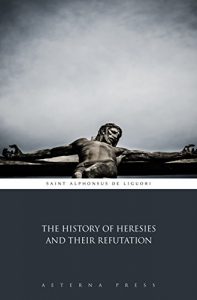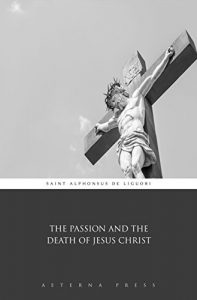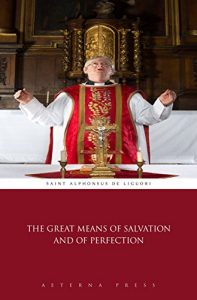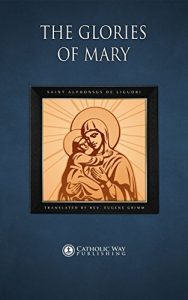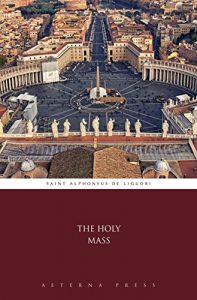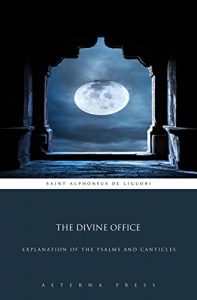— A Classic — Includes Active Table of Contents — Includes Religious Illustrations
Simon Magus , the first heretic who disturbed the Church, was born in a part of Samaria called Githon or Gitthis. He was called Magus, or the Magician, because he made use of spells to deceive the multitude; and hence he acquired among his countrymen the extraordinary name of “The Great Power of God” (Acts, viii, 1 0). “This man is the power of God which is called great.” Seeing that those on whom the Apostles Peter and John laid hands received the Holy Ghost, he offered them money to give to him the power of communicating the Holy Ghost in like manner; and on that account the detestable crime of selling holy things is called Simony. He went to Rome, and there was a statue erected to him in that city, a fact which St. Justin, in his first Apology, flings in the face of the Romans : “ In your royal city,” he says, “ he (Simon) was esteemed a God, and a statue was erected to him in the Island of the Tyber, between the two bridges, bearing this Latin inscription SIMONI, DEO SANCTO.”
Aeterna Press
Simon Magus , the first heretic who disturbed the Church, was born in a part of Samaria called Githon or Gitthis. He was called Magus, or the Magician, because he made use of spells to deceive the multitude; and hence he acquired among his countrymen the extraordinary name of “The Great Power of God” (Acts, viii, 1 0). “This man is the power of God which is called great.” Seeing that those on whom the Apostles Peter and John laid hands received the Holy Ghost, he offered them money to give to him the power of communicating the Holy Ghost in like manner; and on that account the detestable crime of selling holy things is called Simony. He went to Rome, and there was a statue erected to him in that city, a fact which St. Justin, in his first Apology, flings in the face of the Romans : “ In your royal city,” he says, “ he (Simon) was esteemed a God, and a statue was erected to him in the Island of the Tyber, between the two bridges, bearing this Latin inscription SIMONI, DEO SANCTO.”
Aeterna Press
